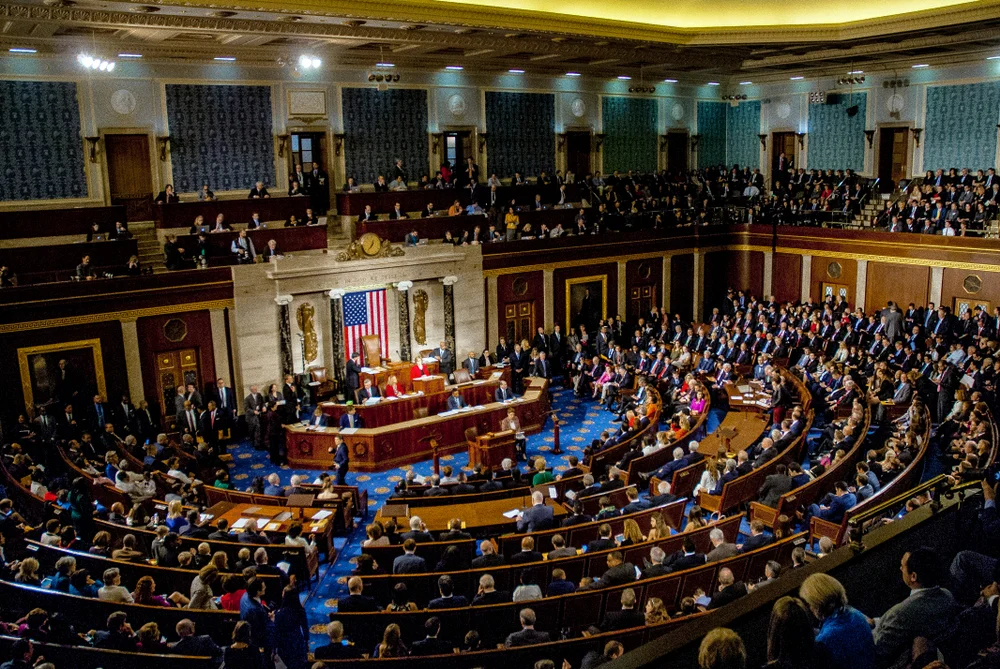.avif)
Burnham’s Counterrevolution
Richard Reinsch reviews David T. Byrne's new biography of James Burnham.
When William F. Buckley Jr. founded this magazine in November of 1955, he was joined by, among others, James Burnham, a man Buckley described as “the No. 1 intellectual influence on National Review.” A former philosophy professor at New York University and the son of a self-made railroad magnate in Chicago, Burnham, as was the case for many early conservative intellectuals, was also a recovering socialist (of the Trotskyite variety, in his case). The understanding of power, conflict, and violence that he derived from Trotsky would, in some capacity, mark his thinking for the rest of his days.
It wasn’t easy to determine how Burnham would fit with the doctrinaire Frank Meyer and other National Review eminences intensely focused on small government, federalism, extirpating the welfare state, and restoring economic liberty in full. Burnham never considered himself a conservative Republican; he supported Nelson Rockefeller, not Barry Goldwater, in the 1964 presidential election. He made peace with programs such as Medicare, accepting a modest welfare state as the price of an industrial capitalist democracy. In Burnham’s opinion, Ludwig von Mises’s economic approach was too rigid.
In a new book titled James Burnham: An Intellectual Biography, David T. Byrne capably argues that it is Burnham whose influence has stretched across the conservative movement, guiding leading paleoconservative, neoconservative, and, in his day, anticommunist thinkers and politicians. A final chapter considers how the so-called New Right has ingested his thinking about elites and corrupt institutional power, making it central to their case for political freedom.
Constitutionalism

Amicus Brief: Hon. William P. Barr and Hon. Michael B. Mukasey in Support of Petitioners
Former AGs Barr and Mukasey Cite Civitas in a SCOTUS Brief

Rational Judicial Review: Constitutions as Power-sharing Agreements, Secession, and the Problem of Dred Scott
Judicial review and originalism serve as valuable commitment mechanisms to enforce future compliance with a political bargain.

Supreme Court showdown exposes shaky case against birthright citizenship
Supreme Court will hear challenges to Trump's order ending birthright citizenship, testing the 14th Amendment's guarantee for babies born in America.

Trump’s Tariff Tantrum
Trump leaps from the frying pan into the fire in the aftermath of Learning Resources v. Trump.

The Administrative State’s Sludge
Congress has delegated so much power across so many statutes that it’s hard to find a question of any public importance to which some agency cannot point to policymaking authority.


.avif)










.avif)
.webp)


